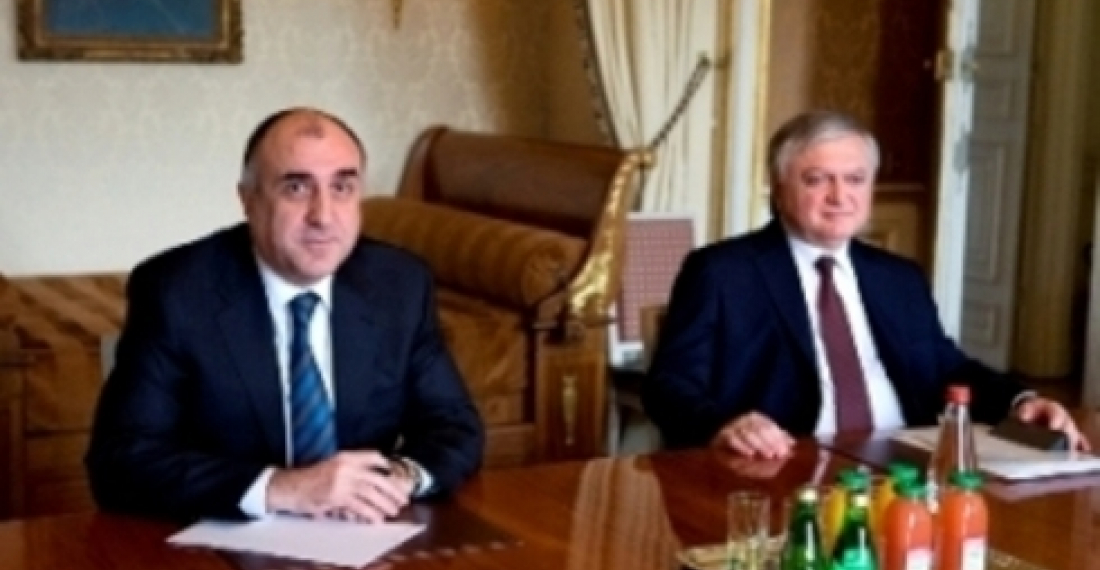Встреча министров иностранных дел Армении и Азербайджана запланирована в Москве на пятницу (4 апреля). Министр иностранных дел Армении Налбандян и министр иностранных дел Азербайджана Мамедъяров прибудут в Москву для участия на встрече министров иностранных дел Содружества Независимых Государств (СНГ). Украина, которая является председателем СНГ в текущем году, приостановила свое участие в организации после аннексии Крыма к России.
Проведению встречи способствуют председатели Минского процесса ОБСЕ - Франция, Россия и США. Их попытки организовать встречу президентов Армении и Азербайджана в Гааге во время саммита по ядерной безопасности в марте не удалась. Посредники надеются, что в ходе встречи министров иностранных дел будут найдены достаточно точек соприкосновения для подготовки встречи двух президентов. Минский процесс изо всех сил пытается сохранить актуальность, несмотря на нынешнюю международную ситуацию, сложившуюся после российского военного вторжения и аннексии Крыма, и несмотря на критику с разных сторон за неспособность добиться прогресса в урегулировании нагорно-карабахского конфликта. Отличия между Арменией и Азербайджаном выявились на прошлой неделе во время голосования по Украине в Генеральной Ассамблее ООН, где Азербайджан был одним из ста стран проголосовашвих за резолюцию, поддерживающую территориальную целостность Украины в то время как Армения стала в один ряд с Россией и девятью другими странами проголосовав против нее.
Российские дипломаты надеются, что они смогут достичь таких же успехов, как это было 2 ноября 2008 года, когда после грузино-российской войны и признания Россией независимости Абхазии и Южной Осетии, им удалось убедить лидеров Армении и Азербайджана встретиться в Москве и подписать документ, обязывающий их к участию в мирном процессе. В этом случае Россия смогла продемонстрировать разницу в подходах к карабахскому конфликту и ее военного вмешательства в Грузии.
Россия в этом случае явно стремится показать, что она способна применять различные тактики в отношениях с бывшими советскими республиками, где она претендует на привилегированное положение. Вслед за московской встречей в ноябре 2008 и сделанных заявлении последовал период интенсивных встреч между Арменией и Азербайджаном во главе с РФ в течение того времени, когда Дмитрий Медведев являлся президентом. Однако, процесс не привел к прорывы и после без особого успеха в течение двух лет международные посредники пытались привести переговоры в нужное русло.
источник: commonspace.eu
фото: Министр иностранных дел Азербайджана Эльмар Мамедъяров и министр иностранных дел Армении Эдвард Налбандян на предыдущей встрече, организованной при посредничестве стран-сопредседателей Минской группы ОБСЕ (фото из архива любезно предоставлено МИД Армении).
Очередная встреча Налбандян-Мамедъярова запланирована в Москве в эту пятницу. Сможет ли Россия повторить 2 ноября 2008?
Очередная встреча Налбандян-Мамедъярова запланирована в Москве в эту пятницу. Сможет ли Россия повторить 2 ноября 2008?






